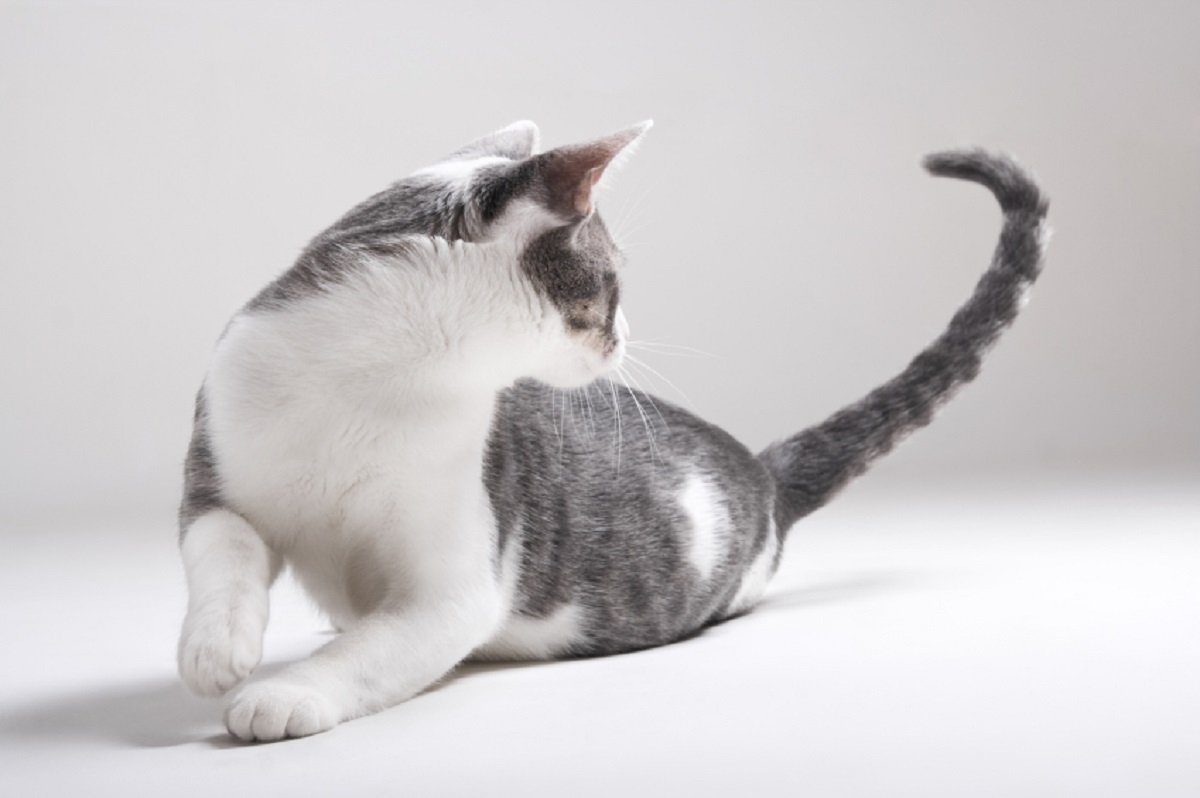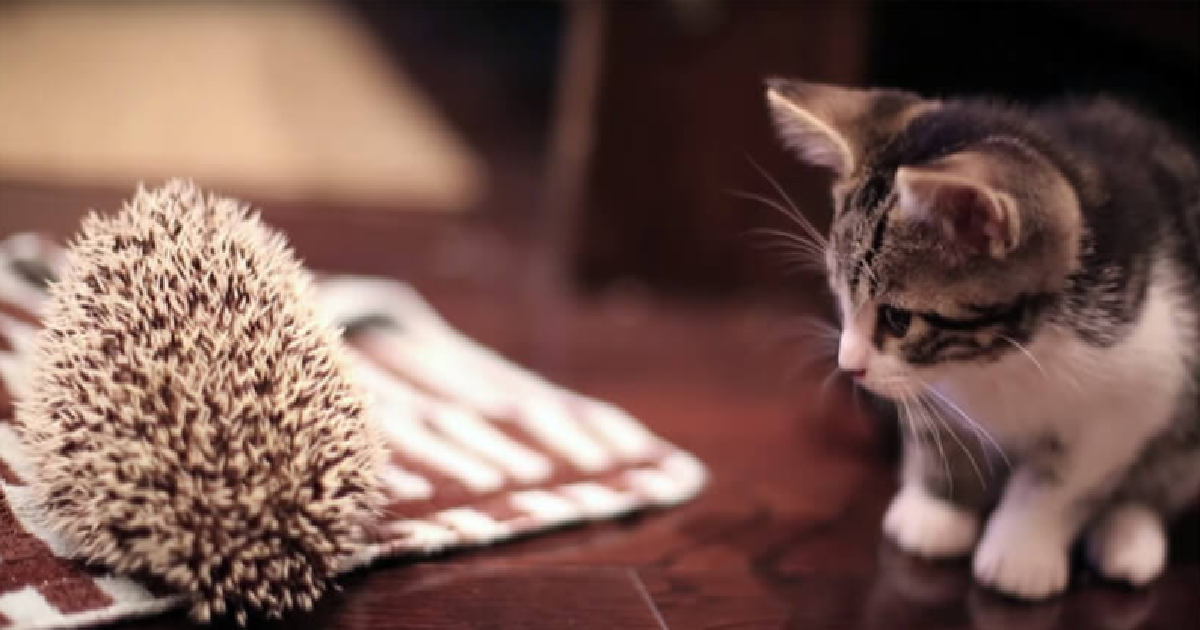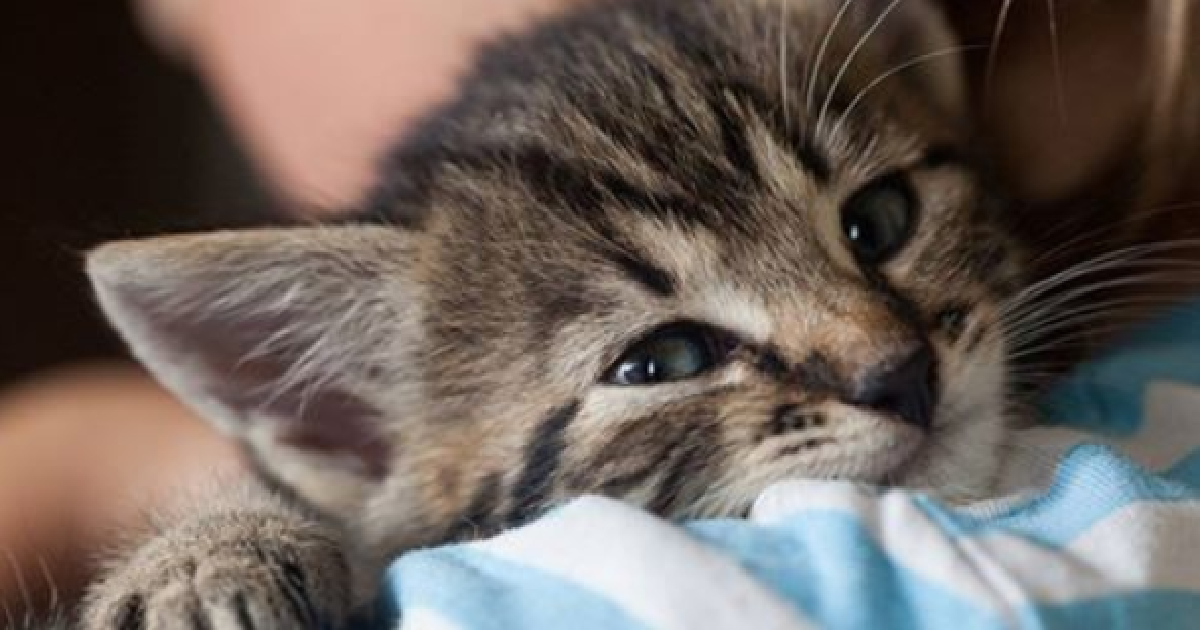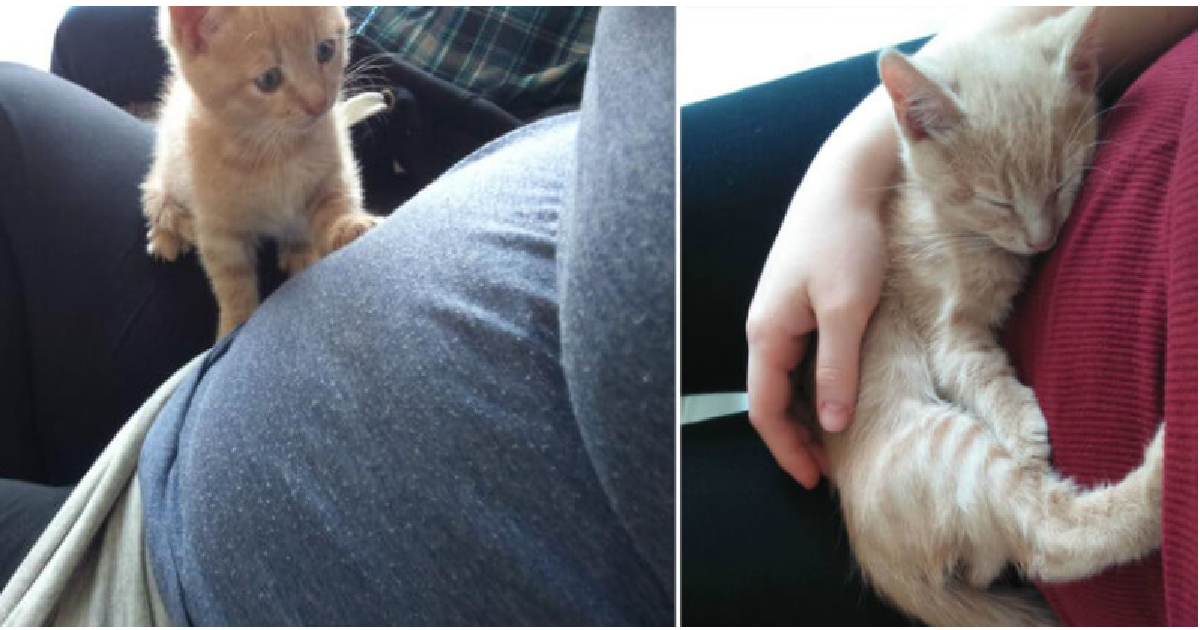As a pet owner, I’m sure you’ve wondered whether it’s safe to share your scrambled eggs with your feline friend. After all, cats are curious creatures and always seem interested in what we’re eating. So, can cats eat scrambled eggs? Let’s find out!
When it comes to cat-friendly foods, it’s essential to consider their nutritional needs and dietary habits. Cats are obligate carnivores, which means their bodies are designed to thrive on a diet primarily composed of animal protein. However, eggs can be a safe and nutritious addition to their meals when served in moderation and prepared appropriately.
Eggs provide a good source of protein for cats, which is essential for their overall health and wellbeing. They are also rich in vitamins and minerals that can support their immune system, skin, and coat. However, it’s crucial to keep in mind a few guidelines to ensure that eggs are a safe and beneficial addition to your cat’s diet.
Can Cats Eat Scrambled Eggs? Yes, they can, with caution.
- Cats can eat scrambled eggs as an occasional treat.
- Offer eggs that are cooked and free from seasonings, such as salt and pepper.
- Eggshells should be avoided to prevent choking hazards.
- Consult with your veterinarian before introducing eggs into your cat’s diet.
- Remember that eggs should not be the sole source of protein in your cat’s diet.
Benefits and Risks of Feeding Cats Eggs
When it comes to adding variety to your cat’s diet, eggs can be a tempting option. But what are the benefits and risks associated with feeding cats eggs?
Eggs are a rich source of protein and fat, which can help supplement a cat’s diet. Protein is essential for cats as it supports their overall health and contributes to strong muscles and tissues. Fat, in moderation, provides energy and aids in the absorption of fat-soluble vitamins.
Egg whites, in particular, are a healthier option for cats as they are lower in fat compared to egg yolks. They provide the necessary protein without the additional fat content. On the other hand, egg yolks are higher in fat and should be given in moderation to prevent excessive calorie intake.
While eggs offer nutritional benefits, it is important to remember that cats require a diet rich in animal protein. Eggs should not be the sole source of protein for cats, as they may not contain all the essential amino acids cats need to thrive.
Feeding raw eggs or raw egg whites to cats can pose risks. Raw eggs may contain salmonella bacteria, which can lead to salmonellosis in cats. Cooking eggs thoroughly eliminates the risk of salmonella infection, making it safe to offer eggs to cats in a cooked form.
Remember to always consult with your veterinarian before introducing any new foods to your cat’s diet. They can provide guidance on portion sizes and help ensure that your cat receives a balanced and nutritious diet.
Incorporating Eggs into Your Cat’s Diet
When it comes to feeding eggs to cats, there are a few important considerations to keep in mind. The key is to offer them cooked eggs, either scrambled or boiled, without adding any salt or seasonings. This ensures that your cat can enjoy the nutritional benefits of eggs without any harmful additives.
One way to incorporate eggs into your cat’s diet is by adding a small amount of egg whites to their regular food. This can help supplement their protein intake and provide them with essential nutrients. However, it’s crucial not to exceed the recommended amount, as too much protein can be detrimental to your cat’s health.
Before making any changes to your cat’s diet, it’s always a good idea to consult with a veterinarian. They can provide guidance and ensure that you are making the right choices for your feline friend. Your vet will be able to give you specific recommendations based on your cat’s individual needs and dietary requirements.
When cooking eggs for your cat, it’s important to ensure they are fully cooked and reach an internal temperature of 160°F. This helps eliminate any potential bacteria or parasites that could be harmful to your cat’s health. Safety should always be a top priority when feeding eggs to your beloved pet.
By incorporating eggs into your cat’s diet in a safe and controlled manner, you can provide them with a variety of nutrients and flavors. However, it’s essential to remember that eggs should not be the sole source of your cat’s nutrition. A balanced and complete cat food should always be the foundation of their diet, with eggs serving as an occasional treat or supplement.
To further explore cat food options, cat meal ideas, and cat treats, you can refer to the following resources:
- Cat food options: Check with your veterinarian for recommended brands and types of cat food that meet your cat’s nutritional needs.
- Cat meal ideas: Consult reputable sources such as feline nutrition experts, online forums, and books dedicated to cat nutrition for creative and balanced meal ideas.
- Cat treats: Look for commercially available cat treats that are specially formulated for cats, ensuring they are safe and appropriate for your feline companion.
Remember, providing a balanced and varied diet is crucial for your cat’s overall health and well-being. By incorporating eggs as a part of their diet, you can add some variety and nutritional value to their meals.
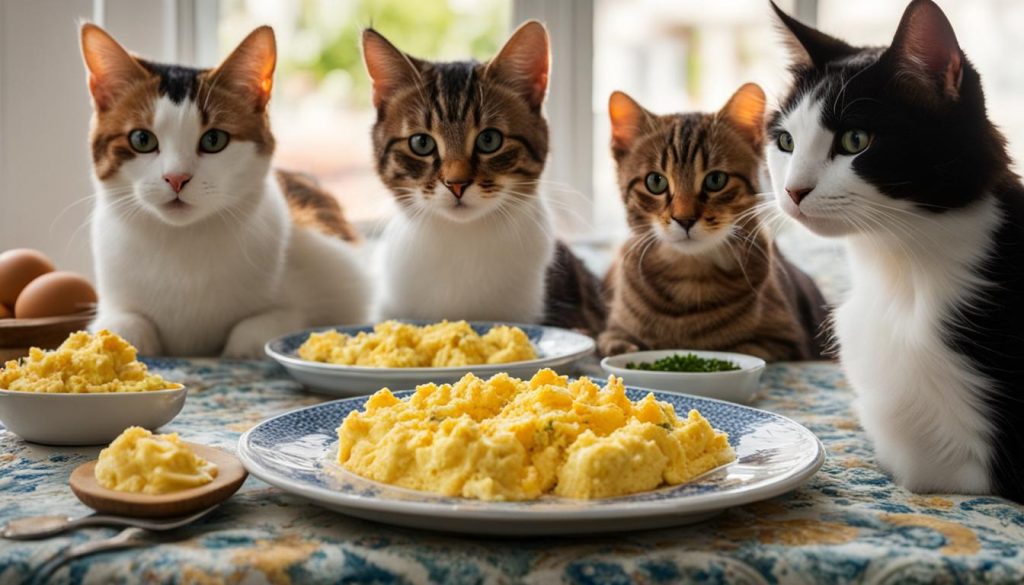
Other Cat Superfoods to Consider
In addition to eggs, there are other cat superfoods that can provide a variety of nutritious options for your feline friend. These superfoods can enhance your cat’s diet and promote overall health and wellbeing. Let’s explore some of the options:
Dandelion Leaves and Roots
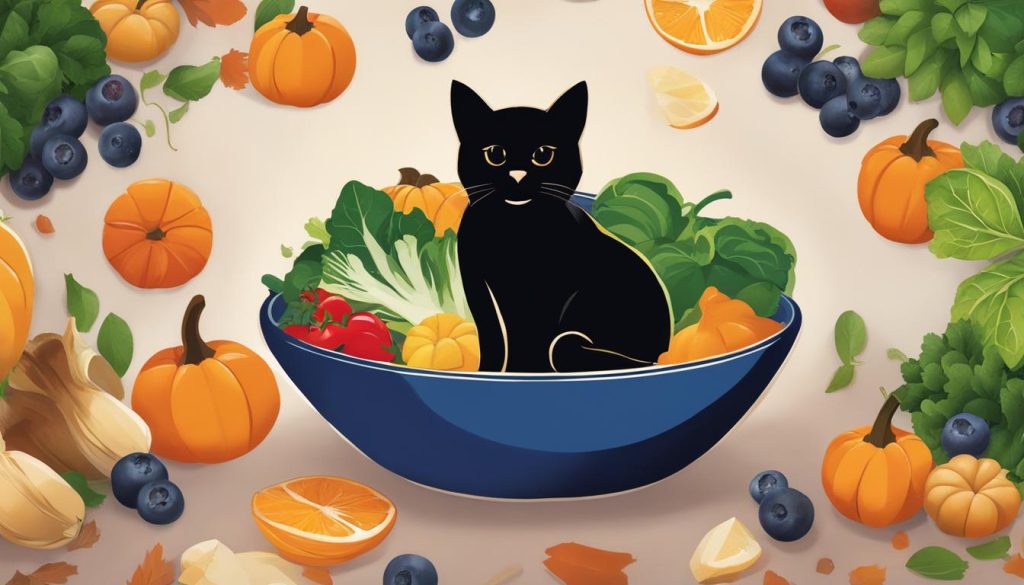
Dandelion leaves and roots are not only safe for cats but can also offer various health benefits. They can aid in easing digestive issues and support feline allergies, providing natural relief for your cat. Consider adding dandelion leaves and roots to your cat’s diet to help maintain their overall wellbeing.
Cranberries
Cranberries are known for their ability to prevent urinary tract infections in cats. These tart fruits promote urinary and kidney health, making them an excellent addition to a cat’s diet. However, it’s essential to offer cranberries in moderation, as excessive amounts can cause digestive upset.
Plain Whole-Milk Yogurt
Plain whole-milk yogurt can be a beneficial addition to your cat’s diet. It is a rich source of protein and calcium, which are essential for maintaining strong bones and muscles. Additionally, yogurt contains probiotics, which can promote a healthy digestive system in cats. Always opt for plain yogurt without any added sugar or artificial additives.
Lean Meats
Lean meats, such as cooked chicken, beef, or pork, can be a nutritious treat for cats. These meats provide essential nutrients like protein and vitamins, which contribute to a healthy feline diet. Incorporating small amounts of lean meats into your cat’s meals can add variety and ensure they receive a well-rounded nutritional intake.
Oily Fish
Oily fish, such as salmon, sardines, and anchovies, are excellent sources of protein and omega-3 fatty acids. These nutrients are essential for your cat’s overall health, promoting healthy skin, a shiny coat, and supporting brain function. Introducing small amounts of oily fish into your cat’s diet can provide numerous health benefits.
By incorporating these cat superfoods into your cat’s diet, you can add variety and provide them with a range of nutritious options. Remember to introduce new foods gradually, observe your cat’s reactions, and consult with a veterinarian to ensure you are offering a balanced and cat-friendly diet.
Recommended Guidelines for Feeding Cats Superfoods
When it comes to incorporating superfoods into your cat’s diet, it’s important to follow some guidelines to ensure they receive a balanced and nutritious meal. Here are some recommended cat diet guidelines to consider:
Balanced Cat Diet
Superfoods should make up no more than 15% of your cat’s overall diet. While these foods can provide additional nutrients, it’s crucial to maintain a balanced diet by including a variety of protein sources, essential fatty acids, vitamins, and minerals. Superfoods should complement your cat’s regular cat food, not replace it entirely.
Portion Control for Cats
Portion control is key to preventing obesity in cats. Even though superfoods can be beneficial, they should still be served in controlled portions. Consult your veterinarian to determine the appropriate serving size for your cat based on their age, weight, and activity level. Remember, moderation is key!
Consulting a Veterinarian
Before introducing any new foods or making significant changes to your cat’s diet, it’s crucial to consult with a veterinarian. They can assess your cat’s specific nutritional needs and provide guidance on incorporating superfoods safely. A veterinarian can also address any concerns or questions you may have and help you formulate a balanced diet plan.
By following these cat diet guidelines, practicing portion control, and consulting a veterinarian, you can ensure your cat enjoys the benefits of superfoods while maintaining a healthy and balanced diet.
Conclusion
Cats can enjoy scrambled eggs as a healthy treat in their diet. While incorporating eggs into a cat’s diet can provide additional protein and nutrients, it’s important to note that eggs should not be the main source of protein for cats. Consultation with a veterinarian before introducing any new foods to a cat’s diet is essential to ensure their dietary needs are met.
Eggs should be cooked thoroughly and without any salt or seasoning to avoid potential health risks. Remember to practice portion control and offer scrambled eggs as an occasional treat, rather than a regular meal. While eggs can be a cat-friendly food, it’s crucial to maintain a balanced and healthy diet for your feline friend.
To provide healthy treats for cats, consider incorporating a variety of superfoods such as dandelion leaves and roots, cranberries, yogurt, lean meats, and oily fish. These nutritious foods can be added to your cat’s diet under the guidance of a veterinarian, ensuring they receive a well-rounded and balanced nutritional intake. Remember, a happy and healthy cat starts with a well-planned diet tailored to their specific needs.
FAQ
Can cats eat scrambled eggs?
Yes, cats can eat scrambled eggs as an occasional treat, as long as the eggs are cooked without salt or seasoning.
Are eggs beneficial for cats?
Eggs can provide cats with additional protein and nutrients, but they should not be the main source of protein in their diet.
Can kittens eat eggs?
Yes, kittens can enjoy eggs as a nutritious treat, as long as they are thoroughly cooked and free of extra ingredients like cheese, garlic, or salt.
Can cats eat raw eggs?
It is not recommended to feed cats raw eggs or raw egg whites, as they can increase the risk of salmonella infection. Eggs should be cooked thoroughly before offering them to cats.
What other superfoods can benefit cats?
Other superfoods that can benefit cats include dandelion leaves and roots, cranberries, yogurt, lean meats like cooked chicken or beef, and oily fish like salmon, sardines, and anchovies.
How much superfoods should be included in a cat’s diet?
Superfoods should make up no more than 15% of a cat’s diet to maintain balance and prevent nutritional deficiencies. It’s important to practice portion control and not overfeed cats.
Should I consult a veterinarian before introducing new foods to my cat’s diet?
Yes, it is important to consult with a veterinarian before making any changes to a cat’s diet, including introducing new foods. They can provide guidance on what foods are safe and suitable for your cat’s specific needs.

